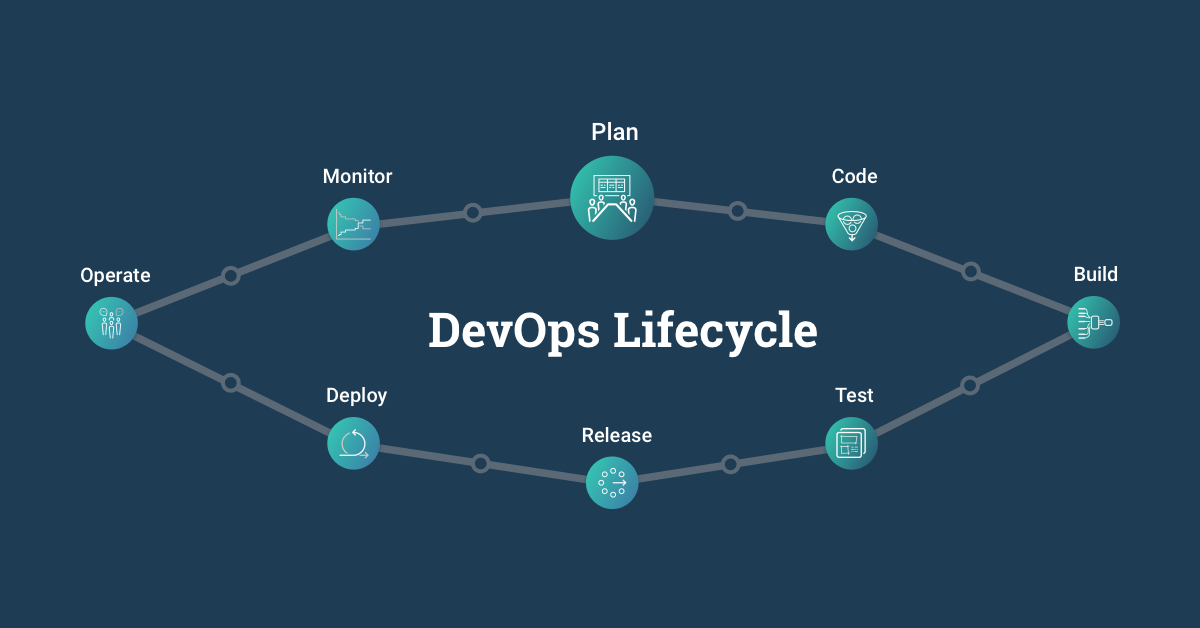
A day in the life of a DevOps Engineer: Work & What they do?
Mar 01, 2025 4 Min Read 6484 Views
(Last Updated)
Describing DevOps is a loaded question, a nuanced topic that has many moving parts. In the last decade, the DevOps cultural philosophy has soared significantly. A survey conducted by RedGate Software depicts that nearly three-quarters of organizations, 74%, have now adopted DevOps in some form.
The Pandemic has only added fuel to this paradigm shift where IT thinking has moved further, faster, and perhaps more permanently than any previous year. As it grows, so does the demand for DevOps developers.
In this article, we’re going to explore what exactly a typical DevOps Engineer’s day looks like, and how these specialists help companies with their software products.
Table of contents
- Who is a DevOps Engineer?
- How is DevOps different from FullStack?
- A day in the life of a DevOps Engineer - The Timeline
- So how does a day in a DevOps engineer's life look alike?
- In Closing
Who is a DevOps Engineer?
At its core, DevOps is a set of cultural philosophy, tools & practice that assists companies to build, test & deploy software & services more reliably at a faster rate. Traditionally, IT had two separate teams in an organization- The Development team & Operation team.
Under a DevOps model, software development & operations are not isolated; but rather synced in a rhythm for continuous delivery/continuous integration.
With time, many SMEs are adapting Agile Methodologies which have been at the forefront of Silicon Valley giants for the last decade. Jobs with DevOps in the title have become very popular over the last few years. Companies are in dire need of DevOps Talents who can maximize their productivity through automation.
DevOps offers a definite career path that promises steady growth. As a DevOps engineer, you will possess extensive knowledge of SDLC (software development life cycle), and you will know how to juggle coding, integrating, and testing.
Now coming to the original premise, a DevOps Engineer comes from various backgrounds with an objective to make the development process more organized, efficient, and cost-effective. All thanks to the unification of processes & automation tools, delivery happens within the preset deadline with fewer bugs. A DevOps engineer addresses all the issues and serves as a more feasible liaison between operation and development teams.
It’s crucial to note that DevOps is not the name of one profession, instead, it spans various positions, each of which plays a pivot role in product development.
- Build Engineers are in charge of building the code. They pull up dependencies and parse conflicts in the code.
- Release Engineers deliver code from development to production. They monitor which branch will go to testing and decide which build will go to production.
- Automation Engineers are in charge of automatic builds when pushing to Git, running tests, deploying to staging, and production.
Before we move to the next part, you should have a deeper knowledge of DevOps concepts. You can consider enrolling yourself in GUVI’s DevOps Course, which lets you gain practical experience by developing real-world projects and covers technologies including Agile, Scrum, Linux, Git, Bash Scripting, Dockers, Containers, AWS infrastructure, etc.
Additionally, if you would like to explore AWS Infrastructure through a Self-paced course, try GUVI’s AWS Infrastructure certification course.
How is DevOps different from FullStack?
Simply put, Full Stack Development & DevOps are two sides of the same coin. They both are two parallel modern-day cultural philosophies for a common objective- release software in the shortest turnaround time with zero bugs.
The only difference is between their adapted methods. A full-stack developer is a versatile developer who runs a marathon which gives him enough time to maintain consistency & pace whereas a DevOps engineer prioritise agility.
He/she is aware of enterprise architecture knowledge, application development environment, testing department & a better idea of how to move things so that the whole project moves faster.
A day in the life of a DevOps Engineer – The Timeline
From the Job description, we can conclude that DevOps needs to be someone who needs to see the big picture. Let’s draw a rough picture: they are communicative, cooperative-in nature, and manage teams.
They love tech and own a lot of gadgets that presumably make their life easier. No, they are not asocial freaks, who love to stay in their confined space. Sure they like hanging out with the developers and marketing team, but they never like to be the same as everyone in the herd. Pun Intended.
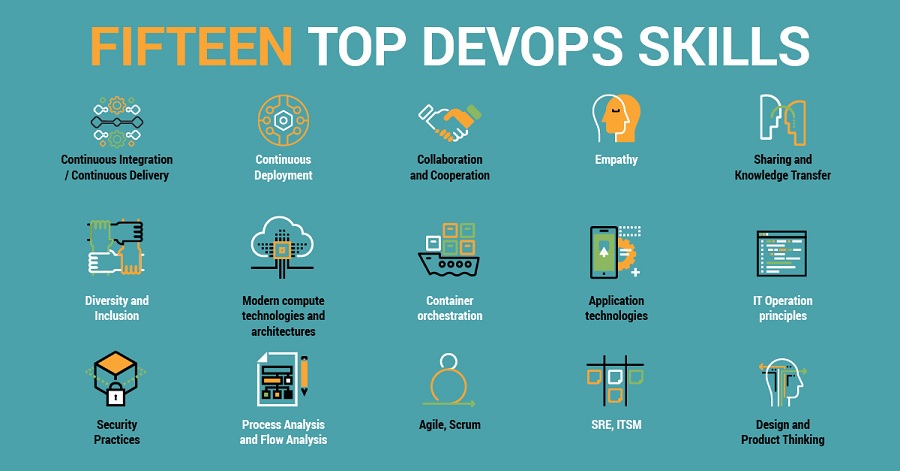
So how does a day in a DevOps engineer’s life look alike?
Aside from those mail responsibilities, a DevOps Engineer’s day may look something looks like this:
8.00 AM: An Alarm with a really loud ringtone (presumably metal) went off. Most Likely DevOps Engineer snoozes it.
9.00 AM: After snoozing the alarm for six-time, the DevOps finally wakes up. They take a few mins to reset themselves to their factory settings. They look through the window. It’s cloudy outside, getting ready to rain. The next thing, they would do is to check Slack, Discord, or Google Chat to see for any urgent messages. For instance, if CI/CD pipeline failed to execute, and it’s hampering the product, it would create a sense of urgency to fix it.
10:00 AM: The DevOps Engineer gets ready for the Office. (either remote or at a physical location, nonetheless DevOps engineers arrives at the necessary mindset through a cup of coffee, of course)
10:30 AM: The DevOps gets ready for his daily tasks & meetings. They start working on the automation backlog. For those who don’t know, a backlog typically contains a prioritized list of actions aimed at supporting the project’s infrastructure. The main objective is to keep the backlog in order which will assist in the scope and keep an eye on priorities.
11.00 AM: DevOps Engineers are the beacon of hope for timely deliveries. They are the main advocates for continuous integration and continuous pipeline inside their company. During their daily standups, they are expected to guide teammates in using CI/CD tools, develop or transition the project through an agile approach, and assist them to deal with legacy issues. The daily stand-ups will also pave the way toward prioritizing tasks for the team. On an average day, they will always target the hardest target first, as they can deal with a morning fresh mindset. Fingers Crossed.
11:30 AM: Although DevOps methodology isn’t heavy on documentation, still engineers need to rely on records of what they work with daily tasks such as virtualization layers & technology stacks. The DevOps projects can be a mash-up of various technologies, complicated testing automation, code rollbacks, code deliveries, and so on. That’s why a DevOps engineer must orchestrate all the infrastructure components and implement automation tools at different levels without causing the whole system to collapse.
12:00 PM: Finally it’s time for another cup of coffee, and to meditate for a while. ( Being a DevOps is to become a high-functioning human being, let’s take a few mins to unwind)
12:10 PM: it’s time for monitoring and troubleshooting! Apart from implementing and designing a new feature, a DevOps engineer also monitors project health and keeps a check on everything happening in the system parts during the SDLC. So if a failure occurs, at a component, the company will be the first one to know it before the customers. Then, the managing DevOps Engineer can resolve the problem in crisis, or create a plan of action and coordinate the appropriate team.
2:00 PM: Meeting with Client: Although meeting with a non-Technical client may feel like mingling with neanderthal: banter aside, it’s crucial. Meetings with clients can help ensure the DevOps engineer understands the client’s needs, visions, and expectations for the product.
2:30: It’s lunchtime. Since our DevOps engineer is on a diet, they are taking a balanced diet- rich in nutrients, high pulses, and vitamins: or they would just order their go-to pizza.
3:00 PM: CRISIS TIME! The code just took a hit and the payment API is not working. Phew, it was just a minor bug; totally apparent: but still invisible to the eyes.
If you’re trying to pursue DevOps, be ready to face catastrophic pressure, once code is not working, all hell breaks loose. But that’s also the beauty of getting associated with software development.
4:00 PM: It’s time to test and integrate new tools. ( Not necessarily a daily task; but weekly) DevOps in practice is always a combination of various tools that work best for the particular team. It’s usually necessary to combine several tools to understand what suits them. A DevOps engineer doesn’t adopt new tools that automate CI/CD, testing, and deployment every day, but they still do this regularly.
4:30 PM: Time for a quick 20-min nap followed up by a strong coffee.
5:30 PM: At the end hour of their workforce, they manage software product pipeline automation and improve task execution by implementing DevOps software tools. Finally, they audit and monitor daily tasks achieved and log it off in their records to create next day’s itinerary.
-Ensuring that post-deployment sanity of code is done and proper sign-offs are given.
-In case of a new project set up new Jenkins Job. ( Freestyle/Pipeline).
-if it’s a release day, all the best, they can be at the work for the longer periods.
6:30 PM: Finally the work day suffices, and our DevOps Engineer log off to feel some wind-down time. They either head out for drinks or gym, well the choice is theirs. :p
Kickstart your career by enrolling in GUVI’s DevOps Course where you will master technologies including Linux, Git, AWS, etc, and build interesting real-life devops projects.
Alternatively, if you want to explore AWS infrastructure through a Self-paced course, try GUVI’s AWS Infrastructure certification course.
In Closing
Now this is just a rough sketch of all the tasks a DevOps engineer has to deal everyday & tasks & especially tools can vary with project structure. Being a DevOps engineer, you not only need to have technical expertise, but also the ability to collaborate and sound decision-making.
Some days are going to be people-oriented, you will be reaching out to clients, stakeholders or the operation team while other days you need to be purely technical, especially the ones where release is coming up. On these days, you will instead spend time setting up automated build, testing and deployment.





















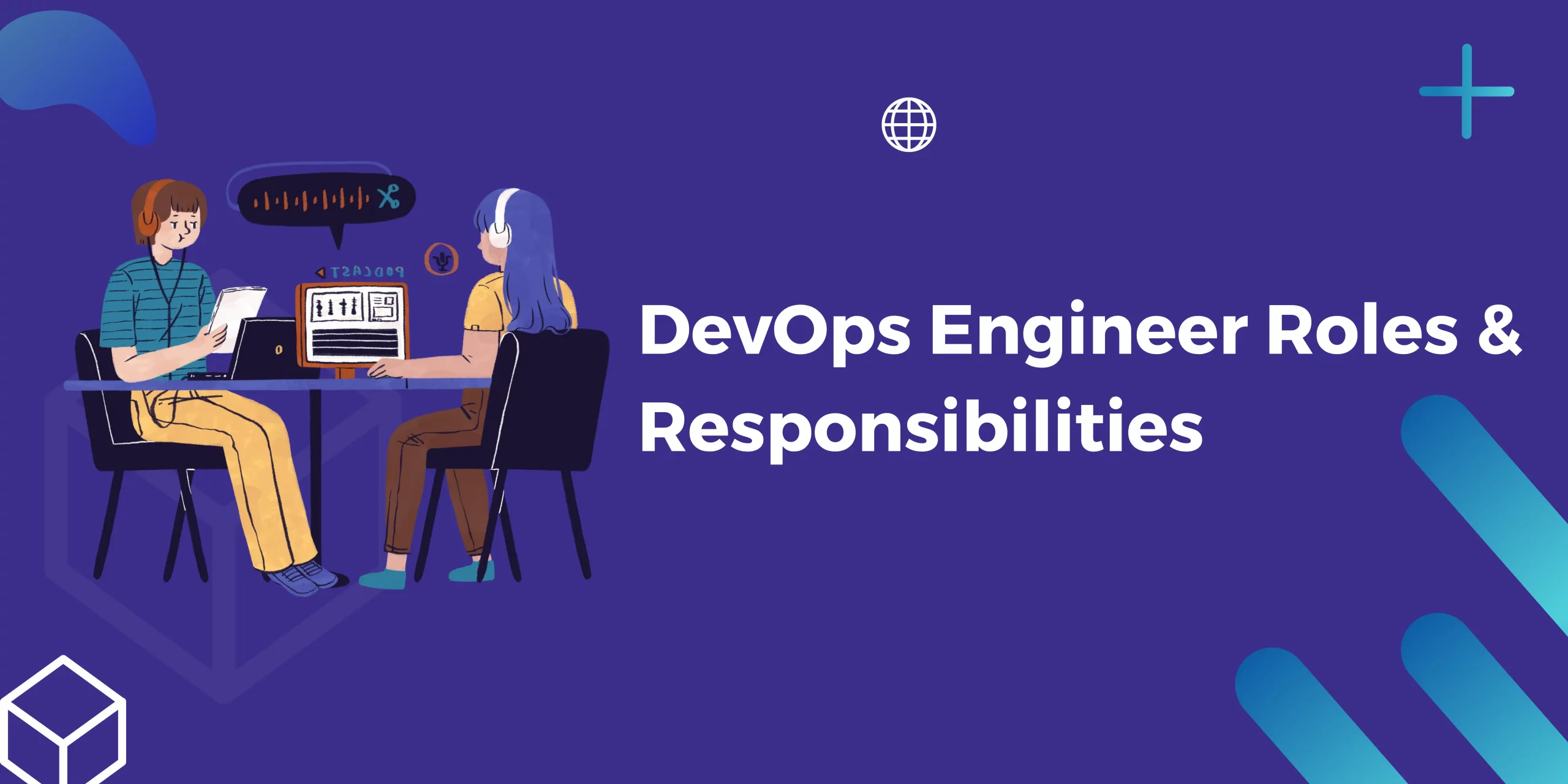
![Top High-Paying Non-Coding Jobs in DevOps [2025] 5 Non-Coding Jobs in DevOps](https://www.guvi.in/blog/wp-content/uploads/2023/11/Top-10-Non-Coding-Jobs-in-DevOps.png)



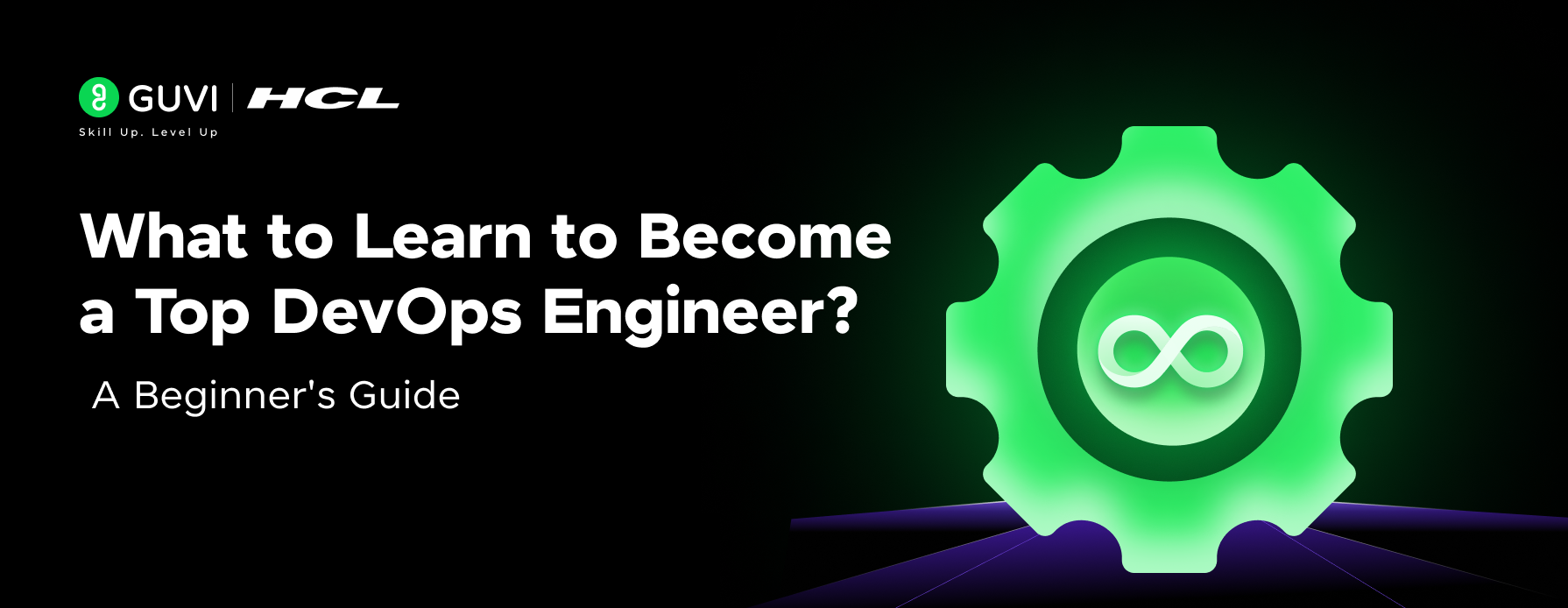
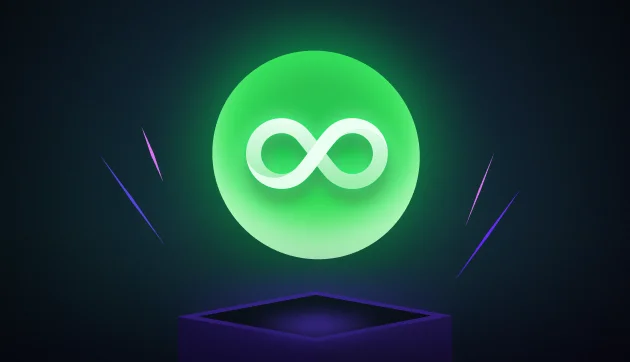
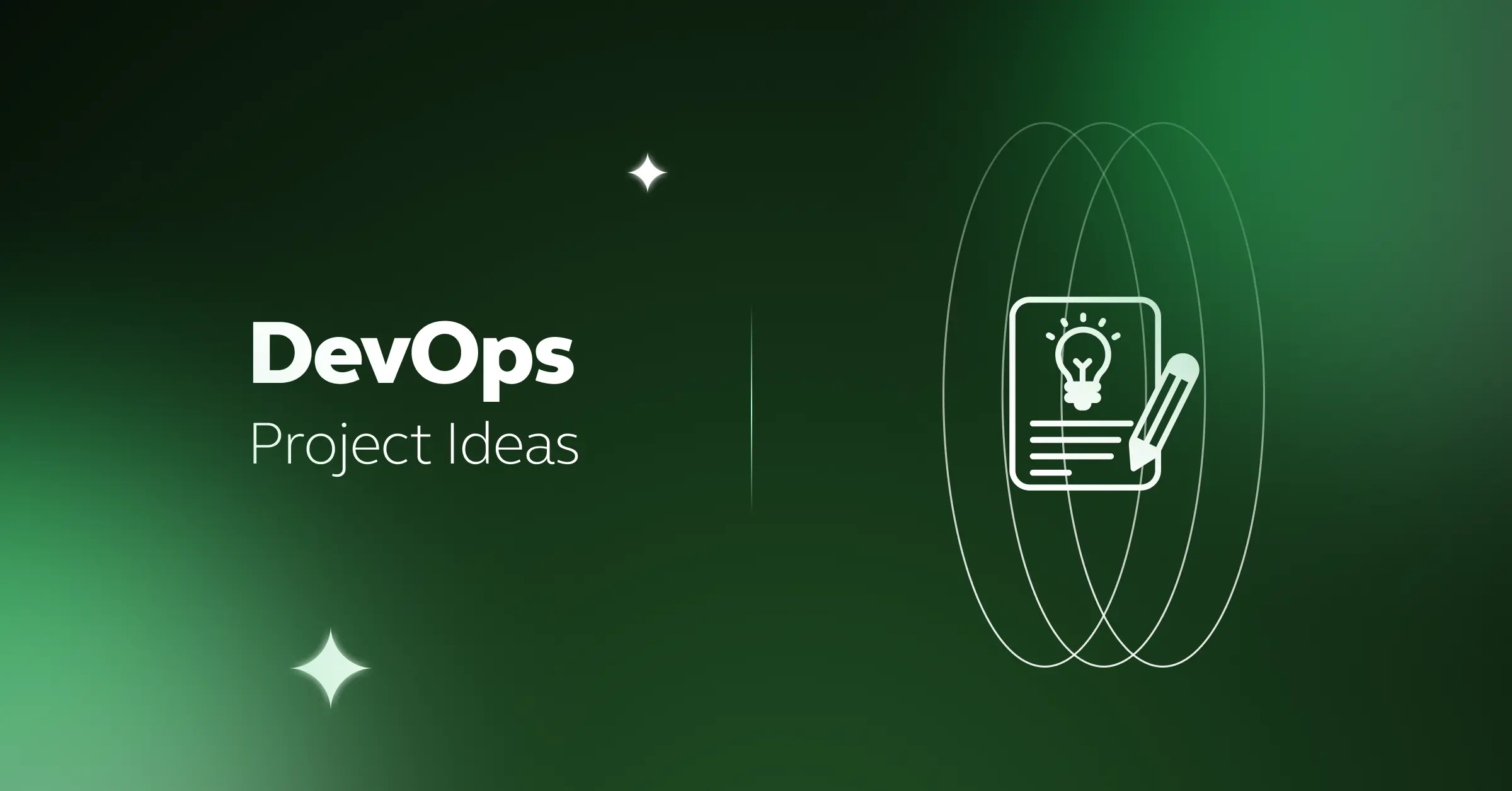

Did you enjoy this article?